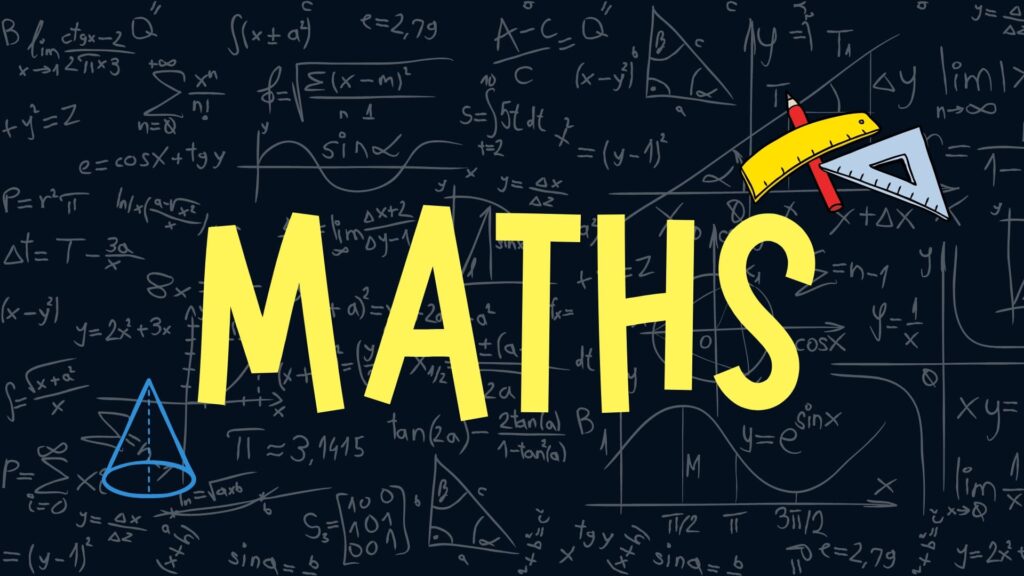According to the CBSE Syllabus 2023-24, this chapter has been renumbered as Chapter 7.
Summary of On Killing a Tree
The CBSE Class 9 English Beehive book contains a poem named On Killing a Tree. The poem is written by Gieve Patel. Here, we have provided the summary and detailed explanation of the CBSE Class 9 English Beehive On Killing a Tree Poem. The explanation is provided in the form of CBSE Class 9 English Notes, which will help students understand the meaning and central idea of the poem. They can also prepare for their English paper by referring to these notes. These have been created by subject experts and are written in simple language for students’ easy understanding.
CBSE Class 9 English Beehive On Killing a Tree Poem Summary
The poem depicts a clear picture of man’s cruelty towards trees. The poet states that trees are living things, and we should not cut them. Destroying a tree is like killing a human being. A tree does not die by just chopping and cutting. It grows again from where it has been cut. It only dies when it is uprooted from the ground. In the entire poem, the poet mentions the idea of how to kill a tree to make humans feel that they are doing a heinous crime. The poem shows the destructive nature of humans and the indestructibility of nature.
CBSE Class 9 English Beehive On Killing a Tree Poem Explanation Notes
Students can have a look at the On Killing a Tree poem and its explanation below.
On Killing a Tree Poem and Explanation
It takes much time to kill a tree,
Not a simple jab of the knife
Will do it. It has grown
Slowly consuming the earth,
Rising out of it, feeding
Upon its crust, absorbing
Years of sunlight, air, water,
And out of its leprous hide
Sprouting leaves.
So hack and chop
But this alone wont do it.
Not so much pain will do it.
The bleeding bark will heal
And from close to the ground
Will rise curled green twigs,
Miniature boughs
Which if unchecked will expand again
To former size.
No, The root is to be pulled out —
Out of the anchoring earth;
It is to be roped, tied,
And pulled out — snapped out
Or pulled out entirely,
Out from the earth-cave,
And the strength of the tree exposed
The source, white and wet,
The most sensitive, hidden
For years inside the earth.
Then the matter
Of scorching and choking
In sun and air,
Browning, hardening,
Twisting, withering,
And then it is done.
BY GIEVE PATEL
The poet says that it takes much time to kill a tree. It cannot be done by a simple cut of a knife. The tree has grown gradually, and its roots have gone deep inside the soil. The tree got its nutrients from the earth and grew in an upward direction by absorbing years of sunlight, air and water. The leaves and branches of the tree sprouted from its bark and looked like a leprous disease.
The poet says that cutting and chopping a tree with an axe is not enough to kill the tree. This will give pain to the tree, but it won’t be sufficient to destroy it. The sap flows out from the tree when it is cut or chopped. It is similar to human bleeding when they get wounded. The bark will heal itself with time. New branches will grow again and expand to their former size. Nature has the ability to recover itself.
In this stanza, the poet suggests how a tree can be killed. The tree was strongly held to the earth by its roots. So, to kill a tree, its root has to be uprooted from the ground. To do so, the tree has to be tied with a rope and to be pulled out completely from the earth cave. Here, the “Earth Cave” means the space which is created on the Earth by uprooting the tree. The power of the tree lies in its roots, it’s the main component of the tree. When the life source of the tree, i.e. roots, is exposed, the tree will die. The poet has described the roots as white and wet because the white liquid flows out from the tree when the roots are pulled out. These roots are the most sensitive and hidden part of the tree, which was inside the earth for many years.
In this stanza, the poet explains the condition of the tree after its roots have been uprooted. He says that the tree will gradually dry up due to the hot heat of the sun and wind. It will not be able to breathe, and the transport of nutrients will stop as its roots will be pulled out. The trunk of the tree will become brown and will harden. With time, the tree will dry and bend out of shape. Finally, the tree will die.


![NCERT Books for Class 9 Science [2023 -24 Edition Revised Syllabus] PDF Download](https://cbsejeeneet.com/wp-content/uploads/2023/07/WhatsApp-Image-2023-07-17-at-14.06.59-1024x575.jpg)
